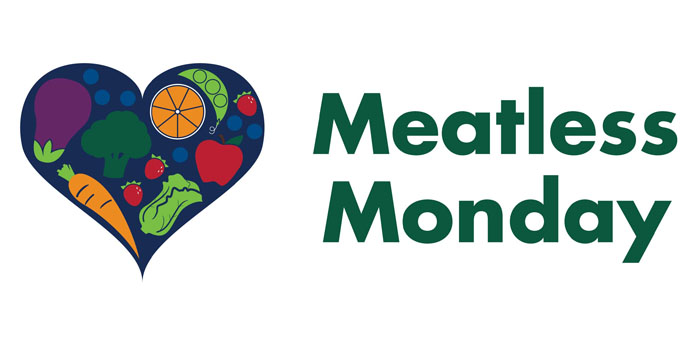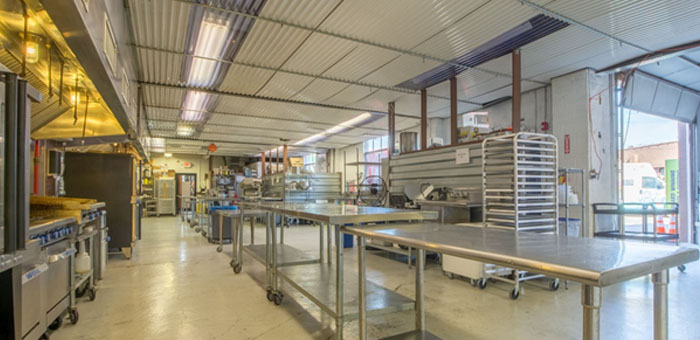Say what you want about big city living but when it comes to finding the most delicious, innovative food in the nation, smaller cities simply can’t stack up against the huge number of fantastic restaurants that feed America’s major metro areas every day.
US cities drive the national culinary narrative forward. They’re where every significant food trend either begins or hits critical mass. Big cities are eating what the rest of the country soon will be and food trucks and street vendors have become part of America’s changing food landscape.
Many great food cities have had to quickly update city and health codes for these new mobile culinary entrepreneurs. Some cities have been flexible, working with business owners to create a system where mobile vendors can work in peace.
On the other hand, other great food cities have refused to update archaic laws and forced mobile food vendors into a position of having to work in an uneasy state of legality, or having to shut down altogether. Here is an overview of three great American food cities, each with a different approach to street food legalization, unfortunately, all three have found different ways to stifle culinary entrepreneurial creativity.
3 Great Food Cities Where Food Trucks Are Being Held Back
New York, NY
New York’s restaurant industry is three things: high-stakes, historic, and downright enormous. It is arguably the nation’s main stage for chefs & restaurateurs to prove their skills.
Want to operate a food truck in NYC? The Department of Health issued 5,100 mobile-food-vending permits, of which 500 belong to food trucks and only about 100 of those to gourmet or high-end trucks. The ratio of hot-dot and ice cream carts to food trucks is 25 to 1. In order to operate a mobile food unit you need 1) a license and 2) a permit. Permits, which are non-transferable, force vendors to shell out up to $15,000 to $20,000 to lease the certificates for two years, allowing predatory permit holders to become junior partners in some cases.
Ok, so now that you are licensed and permitted, where do you park? A judge has ruled that a law on the books that bars vending from metered parking spaces applied to food trucks. Given that almost all parking on midtown Manhattan streets is metered, the ruling saw trucks lose their most lucrative spots.
Miami, FL
When it comes to food, Miami can flat-out bring it. Outside of the great weather and nightlife, they’ve got the huge Cuban influence, which brought with it everything from Cuban coffee, to croquettas, to cubanos.
Unfortunately, if you want to operate a food truck in Miami you better become friends with local event promoters. Miami’s laws make it impossible for food trucks to operate outside of special events. The city prohibits trucks from parking in public parking lots and metered and unmetered parking spaces. This seriously hurts the food trucks’ ability to earn an honest living, and is denying Miami’s communities of the many benefits of food trucks.
Chicago, IL
This Mid-western city with their ever-expanding roster of chef-driven deliciousness that can provide an awesome culinary experience without the sticker shock that comes with entering high end restaurant on either coast. One could argue more Chicagoans are eating well than ever before.
After living in the Chicagoland for over 8 years, I watched the cities food truck laws morph from the ridiculous (not allowing any cooking on-board food trucks) to its current level of food truck regulation.
While it took two years to get the city to allow food truck owners to actually cook on their trucks, the new rules require food trucks to submit to constant GPS monitoring. Violations of the 200 foot proximity restriction which include coffee shops and convince stores (i.e. CVS, 7-11 and Dunkin Donuts) carry fines of up to $2,000.
While each of these cities has great food scenes, the politicians put in charge of protecting their constituents have chosen to protect one main constituency…brick and mortar restaurant owners.
It’s time for New York, Miami and Chicago to keep their great food cities in the forefront of the culinary world and open their arms and their laws to the mobile food industry. Here is the best part of the story, if the current elected politicians can’t see past the power wielded by their local restaurant associations, there are plenty of candidates who will and can easily fill their place on city council.
Think your hometown deserves to be included in this list of great food cities that have held back food truck? Feel free to share your thoughts with us via email, Facebook or Twitter.




